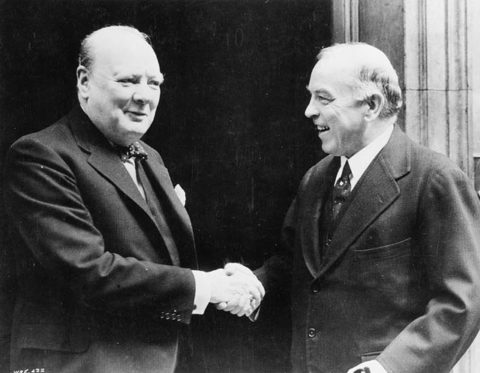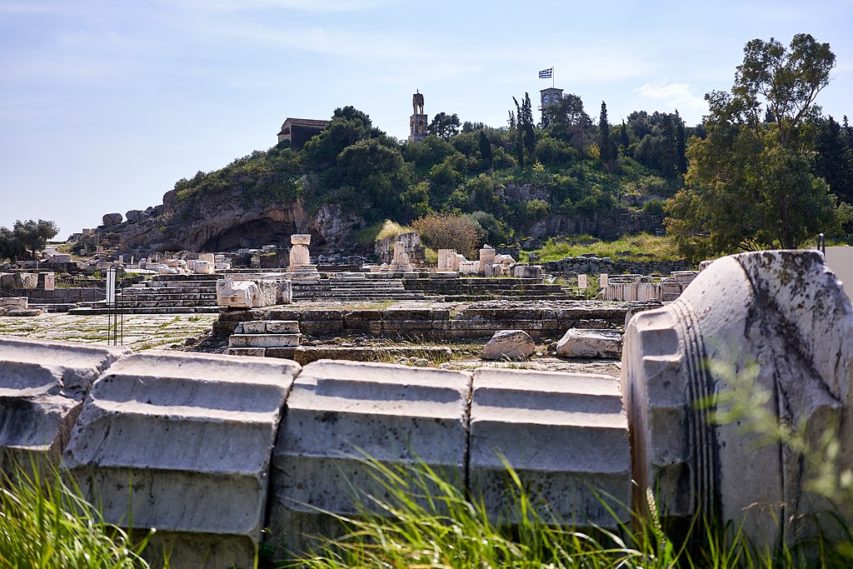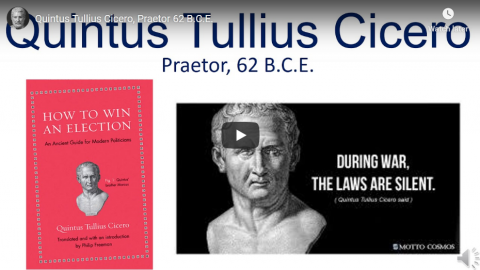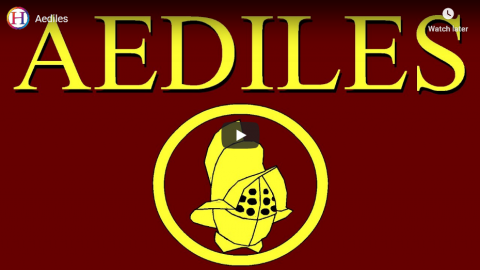As you say of yourself, I too am an Epicurean. I consider the genuine (not the imputed) doctrines of Epicurus as containing everything rational in moral philosophy which Greece and Rome have left us. Epictetus indeed, has given us what was good of the stoics; all beyond, of their dogmas, being hypocrisy and grimace. Their great crime was in their calumnies of Epicurus and misrepresentations of his doctrines; in which we lament to see the candid character of Cicero engaging as an accomplice. Diffuse, vapid, rhetorical, but enchanting. His prototype Plato, eloquent as himself, dealing out mysticisms incomprehensible to the human mind, has been deified by certain sects usurping the name of Christians; because, in his foggy conceptions, they found a basis of impenetrable darkness whereon to rear fabrications as delirious, of their own invention. These they fathered blasphemously on him who they claimed as their founder, but who would disclaim them with the indignation which their caricatures of his religion so justly excite. Of Socrates we have nothing genuine but in the Memorabilia of Xenophon; for Plato makes him one of his Collocutors merely to cover his own whimsies under the mantle of his name; a liberty of which we are told Socrates himself complained. Seneca is indeed a fine moralist, disguising his work at times with some Stoicisms, and affecting too much of antithesis and point, yet giving us on the whole a great deal of sound and practical morality. But the greatest of all the reformers of the depraved religion of his own country, was Jesus of Nazareth. Abstracting what is really his from the rubbish in which it is buried, easily distinguished by its lustre from the dross of his biographers, and as separable from that as the diamond from the dunghill, we have the outlines of a system of the most sublime morality which has ever fallen from the lips of man; outlines which it is lamentable he did not live to fill up. Epictetus and Epicurus give laws for governing ourselves, Jesus a supplement of the duties and charities we owe to others. The establishment of the innocent and genuine character of this benevolent moralist, and the rescuing it form the imputation of imposture, which has resulted from artificial systems, **** invented by ultra-Christian sects, and unauthorized by a single word ever uttered by him, is a most desirable object, and one to which Priestley has successfully devoted his labors and learning. It would in time, it is to be hoped, effect a quiet euthanasia of the heresies of bigotry and fanaticism which have so long triumphed over human reason, and so generally and deeply afflicted mankind; but this work is to be begun by winnowing the grain form the chaff of the historians of his life. I have sometimes thought of translating Epictetus (for he has never been tolerably translated into English) by adding the genuine doctrines of Epicurus from the Syntagma of Gassendi, and an abstract from the Evangelists of whatever has the stamp of the eloquence and fine imagination of Jesus. The last I attempted too hastily some twelve or fifteen years ago. It was the work of two or three nights only, at Washington, after getting through the evening task of reading the letters and papers of the day. But with one foot in the grave, these are now idle projects for me. My business is to beguile the wearisomeness of declining life, as I endeavor to do, by the delights of classical reading and of mathematical truths, and by the consolations of a sound philosophy, equally indifferent to hope and fear.
I take the liberty of observing that you are not a true disciple of our master Epicurus, in indulging the indolence to which you say you are yielding. One of his canons, you know, was that “that indulgence which prevents a greater pleasure, or produces a greater pain, is to be avoided.” Your love of repose will lead, in its progress, to a suspension of healthy exercise, a relaxation of mind, an indifference to everything around you, and finally to a debility of body, and hebetude of mind, the farthest of all things from the happiness which the well-regulated indulgences of Epicurus ensure; fortitude, you know is one of his four cardinal virtues. That teaches us to meet and surmount difficulties; not to fly from them, like cowards; and to fly, too, in vain, for they will meet and arrest us at every turn of our road. Weigh this matter well; brace yourself up; take a seat with Correa, and come and see the finest portion of your country, which, if you have not forgotten, you still do not know, because it is no longer the same as when you knew it. It will add much to the happiness of my recovery to be able to receive Correa and yourself, and prove the estimation in which I hold you both. Come, too, sand see your incipient University, which has advanced with great activity this year. By the end of the next, we shall have elegant accommodations for seven professors, and the year following the professors themselves. No secondary character will be received among them. Either the ablest which America or Europe can furnish, or none at all. They will give us the selected society of a great city separated from the dissipations and levities of its ephemeral insects.
I am glad the bust of Condorcet has been saved and so well placed. His genius should be before us; while the lamentable, but singular act of ingratitude which tarnished his latter days, may be thrown behind us.
I will place under this a syllabus of the doctrines of Epicurus, somewhat in the lapidary style, which I wrote some twenty years ago; a like one of the philosophy of Jesus of nearly the same age, is too long to be copied. Vale, et tibi persuade carissimum te esse mihi.
**** e. g. The immaculate conception of Jesus, his deification, the creation of the world by him, his miraculous powers, his resurrection and visible ascension, his corporeal presence in the Eucharist, the Trinity; original sin, atonement, regeneration, election, orders of Hierarchy, &c.
Thomas Jefferson, letter to William Short, 1819-10-31.
Syllabus of the doctrines of Epicurus
Physical
The Universe eternal.
Its parts, great and small, interchangeable
Matter and Void alone.
Motion inherent in matter, which is weighty & declining
eternal circulation of the elements of bodies.
Gods, an order of beings next superior to man.
enjoying in their sphere their own felicities,
but not meddling with the concerns of the scale of beings below them
Moral
Happiness the aim of life
Virtue the foundation of happiness
Utility the test of virtue.
Pleasure active and in-dolent.
In-dolence is the absence of pain, the true felicity
Active, consists in agreeable motion
it is not happiness, but the means to produce it.
thus the absence of hunger is an article of felicity; eating the means to produce it.
The summum bonum is to be not pained in body, nor troubled in mind
i.e. In-dolence of body, tranquility of mind.
to procure tranquility of mind we must avoid desire & fear, the two
principal diseases of the mind.
Man is a free agent.
Virtue consists in: 1. Prudence 2. Temperance 3. Fortitude 4. Justice
to which are opposed: 1. Folly 2. Desire 3. Fear 4. Deceit










